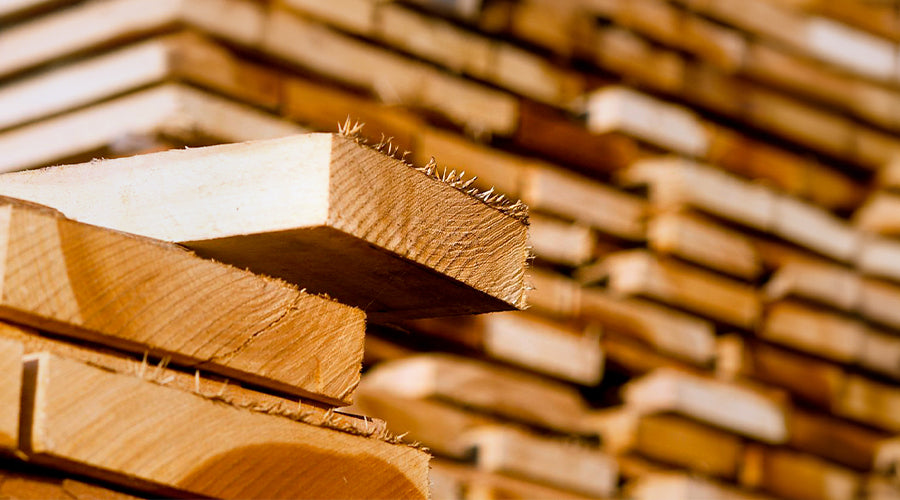
Concrete Anchor Bolts
Heavy-duty fixings for high-strength anchoring
Concrete anchor bolts are essential for securing heavy loads, structural components, and industrial equipment to concrete surfaces. Whether you need heavy-duty concrete anchor bolts for construction projects, anchor bolts for concrete foundations, or concrete bolts and anchors for general fixings, these fasteners ensure maximum stability, durability, and safety.
Selecting the right heavy-duty anchor bolts for concrete is crucial for long-lasting structural reinforcement, particularly in high-load and high-vibration environments. This guide explains how concrete anchor bolts work, their benefits, and best practices for installation.
Designed for superior hold in concrete, our anchor bolts provide a firm and secure fixing for structural applications. Built for strength and durability, they’re perfect for demanding projects. Explore our concrete anchor bolts today.
No products found
Use fewer filters or remove all
What is a concrete anchor bolt?
A concrete anchor bolt is a high-strength fastening device used to secure objects and structures to concrete. These bolts are specifically designed to resist heavy loads, vibrations, and environmental stress.
Types of concrete anchor bolts
- Expansion anchor bolts – expand when installed, creating a strong mechanical hold within the concrete.
- Wedge anchor bolts – feature a wedge-shaped end that locks into place when tightened.
- Sleeve anchor bolts – consist of a metal sleeve that expands to grip the concrete.
- Chemical anchor bolts – secured using resin or adhesive compounds for maximum load-bearing capacity.
- Through-bolts – extend completely through the fixture, providing a direct mechanical hold.
Concrete anchor bolts are commonly used for structural beams, heavy machinery, metal framework, and industrial installations.
How do concrete anchor bolts work?
Concrete anchor bolts create a secure, load-bearing connection between the fastener and the concrete structure. They work by:
- Drilling a hole in the concrete – a precisely measured hole is created using a masonry drill.
- Inserting the anchor bolt – the anchor is positioned inside the hole.
- Expanding the fastener – some anchors expand mechanically or chemically to create a tight grip inside the concrete.
- Tightening the bolt – as the bolt is tightened, the anchor locks into place, providing a strong and stable hold.
Once installed, concrete bolts and anchors distribute weight and tension across a larger surface area, ensuring reliable fastening even under extreme loads.
What are the benefits of concrete anchor bolts?
- Superior load-bearing capacity - Heavy-duty concrete anchor bolts provide maximum strength and stability, making them ideal for load-bearing applications.
- High resistance to vibration and movement - Used in machinery, steel structures, and seismic-resistant designs, anchor bolts for concrete remain secure under constant movement and stress.
- Versatile applications - From industrial installations to home construction, concrete bolts and anchors are used in foundations, walls, columns, and flooring systems.
- Corrosion and environmental protection - Many concrete anchor bolts are made from stainless steel, galvanised steel, or zinc-plated materials, ensuring long-term durability in harsh environments.
- Easy and reliable installation - Modern anchor bolts are designed for quick and precise installation, reducing the time and effort needed for secure fastening.
How to install a concrete anchor bolt?
Proper installation of concrete anchor bolts is essential for ensuring maximum strength and durability.
Step-by-step guide to installing concrete anchor bolts
1. Select the right anchor bolt
- Choose a heavy-duty concrete anchor bolt suited for the weight load and environmental conditions.
- Consider expansion bolts, wedge anchors, or chemical anchors, depending on the application.
2. Mark and drill the hole
- Measure and mark the exact location for drilling.
- Use a hammer drill with a masonry bit to create a hole that matches the diameter and depth of the anchor.
3. Clean out the hole
- Remove dust and debris using compressed air or a brush to ensure a tight and secure fit.
4. Insert the anchor bolt
- Position the anchor bolt into the hole.
- For expansion anchors, gently tap with a hammer to ensure full insertion.
5. Tighten the bolt
- Use a wrench or power drill to tighten the bolt.
- For wedge and sleeve anchors, tightening will cause the anchor to expand, gripping the concrete firmly.
6. Check for stability
- Ensure the bolt is fully tightened and that the fixture is securely fastened.
- For chemical anchors, allow the adhesive to fully cure before applying any load.
Proper installation ensures long-lasting strength and resistance to stress, movement, and environmental exposure.
How deep should anchor bolts be in concrete?
The depth of an anchor bolt in concrete depends on the bolt type, load requirements, and concrete thickness.
General guidelines for anchor bolt depth
- Standard anchor bolts – should be embedded at least 2.5 to 3 times the bolt diameter for a strong hold.
- Heavy-duty anchor bolts – typically require a minimum of 50mm to 75mm embedment for maximum strength.
- Through-bolts – extend completely through the concrete fixture for full structural support.
- Chemical anchors – require extra depth to allow the adhesive to bond securely to the surrounding concrete.
Factors affecting anchor bolt depth
- Concrete thickness – ensure the bolt does not exceed two-thirds of the total concrete depth to avoid cracking.
- Load requirements – heavier loads require deeper and thicker anchor bolts.
- Environmental conditions – high-vibration environments may require deeper embedment and additional reinforcements.
Installing anchor bolts at the correct depth ensures maximum performance, stability, and safety in structural applications.
Concrete anchor bolts are a critical fastening solution for securing heavy-duty structures, industrial machinery, and high-load applications to concrete surfaces. Whether you're using wedge anchors, sleeve anchors, or chemical anchor bolts, selecting the right heavy-duty anchor bolts for concrete ensures long-lasting stability and structural integrity.
By understanding how concrete anchor bolts work, their benefits, and correct installation methods, builders and engineers can achieve secure, durable, and load-bearing connections for construction, industrial, and engineering applications.
Timber build advice:
-

How to soundproof a timber house?
Find out how -

How to connect timber to…..?
Find out how -

How to fix timber build noise issues?
Find out how
Need advice on your timber project?
Our team of experts are ready to assist you with any questions or guidance you may need for your timber construction. Whenever you're ready to delve deeper into the possibilities, feel free to reach out to us.



